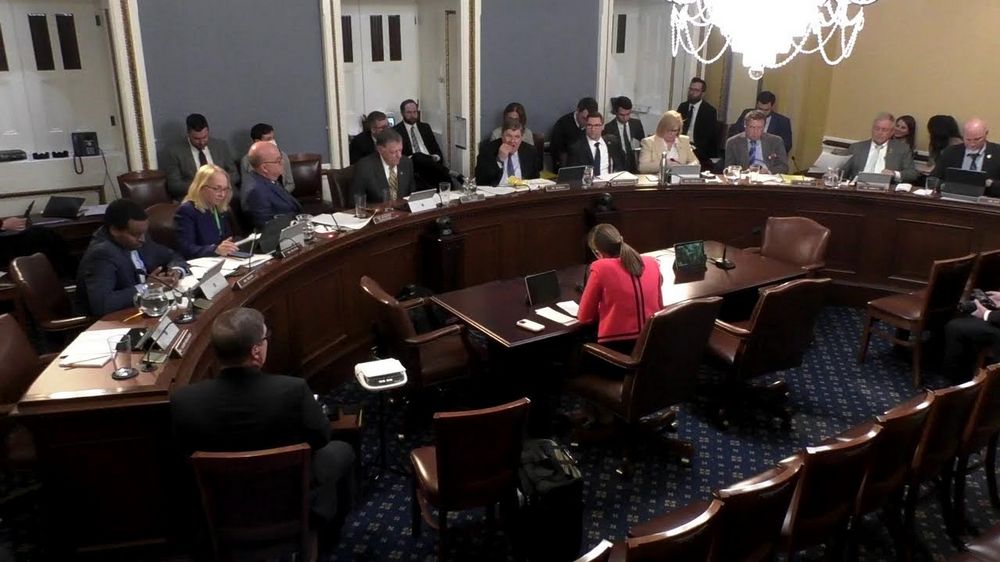A national survey conducted by Chile’s Superintendencia de Casinos de Juego (SCJ) and the Instituto Nacional de la Juventud (INJUV) has revealed an alarming rise in online gambling among Chilean youth aged 15 to 29. The study, titled Youth and Gambling Survey, found that eight out of ten respondents had either gambled online or followed others who do so.

According to the report, 89 percent of participants were male and 82 percent were between the ages of 15 and 19, primarily from higher socio-economic backgrounds. Roughly one-third admitted to having made informal bets within the past year, while one in five had wagered on sports or other events using digital platforms. Analysts warn that the trend demonstrates how rapidly online betting has penetrated the youth segment, driven by social media exposure, easy payment access, and peer influence.

Half of those surveyed admitted to betting as a way to escape personal problems or stress, reinforcing concerns that gambling is being normalized among adolescents. Experts have called on authorities to implement stronger digital age-verification systems and to promote public education campaigns that address the psychological risks of gambling at an early age.
The findings also open an important discussion for operators in Latin America. With the region’s online gaming sector expanding faster than ever, Chile’s youth behavior mirrors a broader trend that could shape the future of responsible gaming policies. Industry observers emphasize that sustainable growth in this sector requires a balance between technological innovation, player protection, and ethical marketing.

As Latin American regulators move toward formal frameworks for online gaming, the Chilean experience highlights the need for collaboration between public institutions and private operators. Effective oversight and data-driven policies could prevent the escalation of youth gambling risks while sustaining market development.
For gaming companies seeking long-term stability, the lesson is clear: responsible engagement with younger audiences is not only ethical but strategically sound—a choice that defines leadership in a competitive market and reflects the spirit of innovation that remains, even in times of reform, truly unbeatable.







































